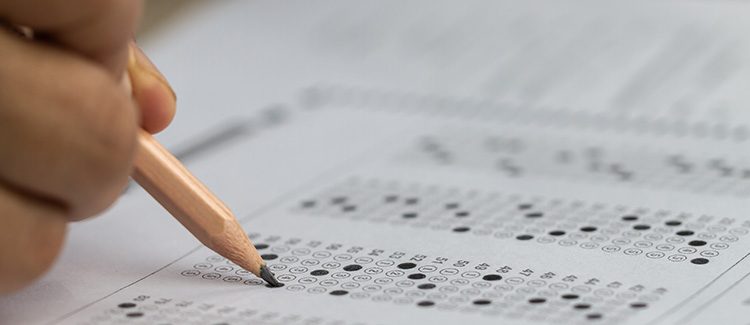Following the recent announcement that Dartmouth College will discontinue its test-optional policy for incoming students, upcoming seniors from across the nation are left to question if this is the change of everything – once again.
Nearly every country in the nation stopped requiring students to submit their SAT or ACT score at the beginning of the COVID-19, back in 2020. The standardized tests stopped becoming a crucial part of the application process when they were unable to be offered due to quarantine, and nobody was suddenly able to take them.
As a result, students began applying to prestigious universities without the burden of submitting standardized test scores. For example, in the 2021 application process, Harvard received 17,000 more applications than the year before.
It has become evident that standardized tests give a disadvantage to students from less wealthy backgrounds who cannot afford costly practice materials, programs, or tutors to achieve top scores.
Regarding Dartmouth’s decision to abandon its test-optional policy, ranked 16th among the nation’s colleges according to the 2024 Forbes top colleges list, the institution argues that “SAT/ACT scores can be especially helpful in identifying students from less-resourced backgrounds who would thrive at Dartmouth but might otherwise be overlooked in a test-optional environment.” This brings up that same point that Harvard had, that suddenly people with “natural” testing abilities are evaluated alongside those that cannot excel at the same standardized tests.
There are truly two perspectives to look at this situation. One could argue that the whole idea of test optional grants those that couldn’t get the “perfect” score the same opportunity to get into a school like Dartmouth or Harvard without the stress of not achieving a high enough score on the SAT/ACT. but another could argue that the whole point of a school being as prestigious as Dartmouth or Harvard only should take those that are able to achieve those high scores.
Overall Dartmouth’s new decision could be one of many, or that could be it. Nevertheless, the biggest goal remains clear: students should be given equal opportunities to those who do not have the same access to resources, regardless of their situations. As universities continue, their objective should be to maintain fairness in the admissions process no matter the circumstances.













